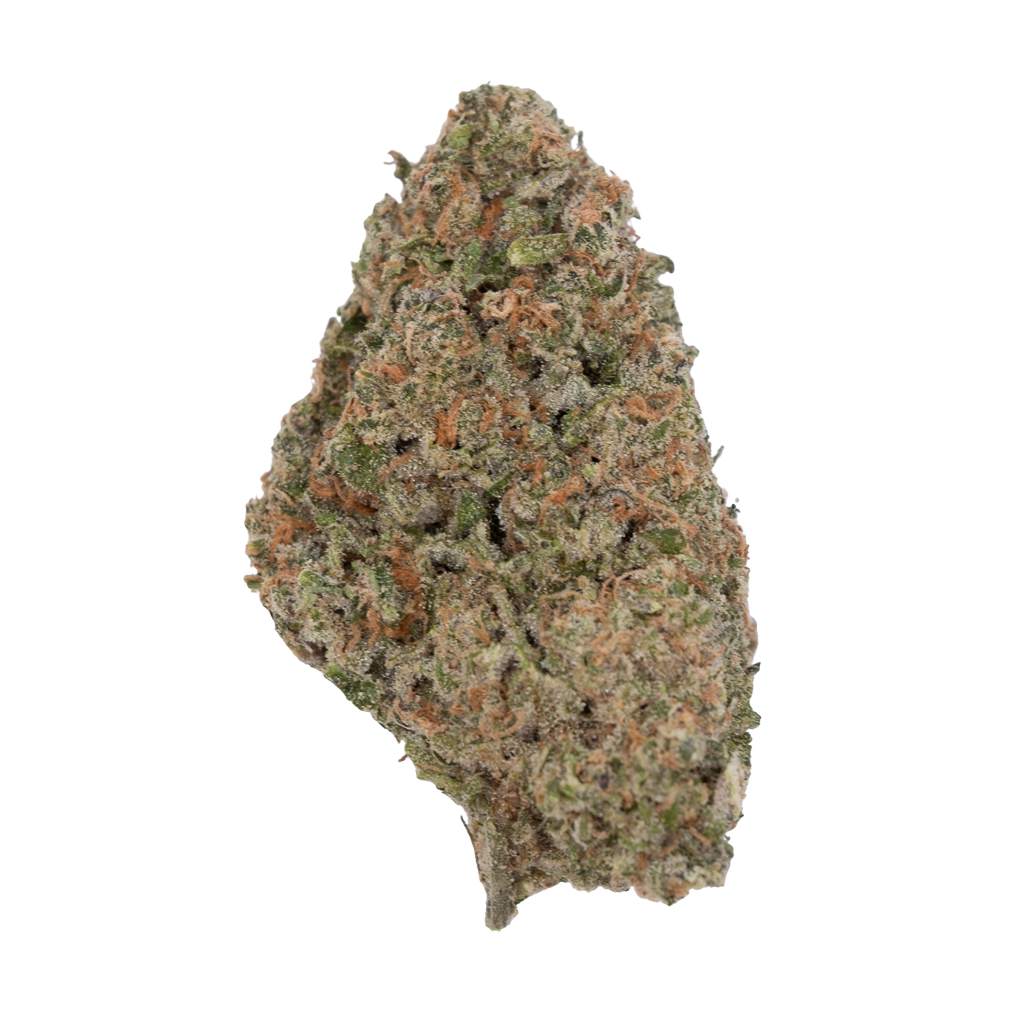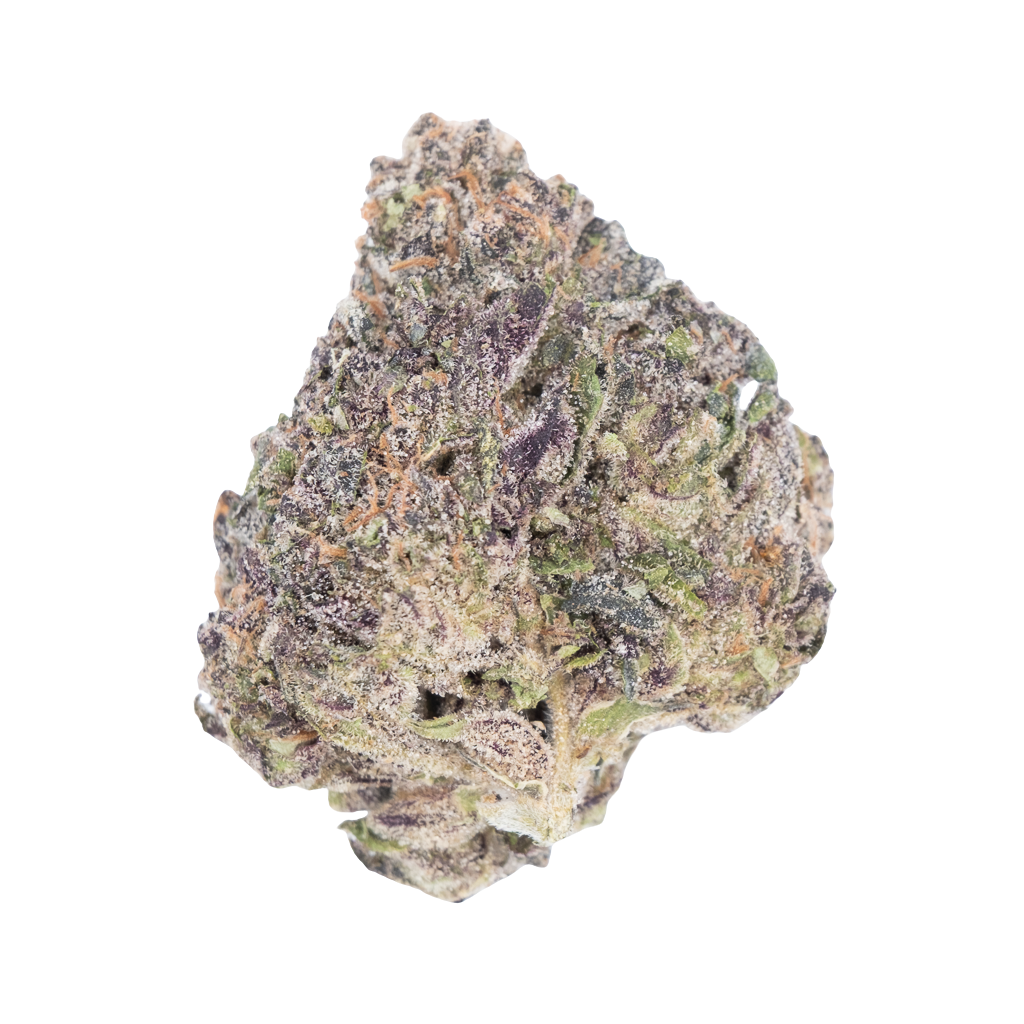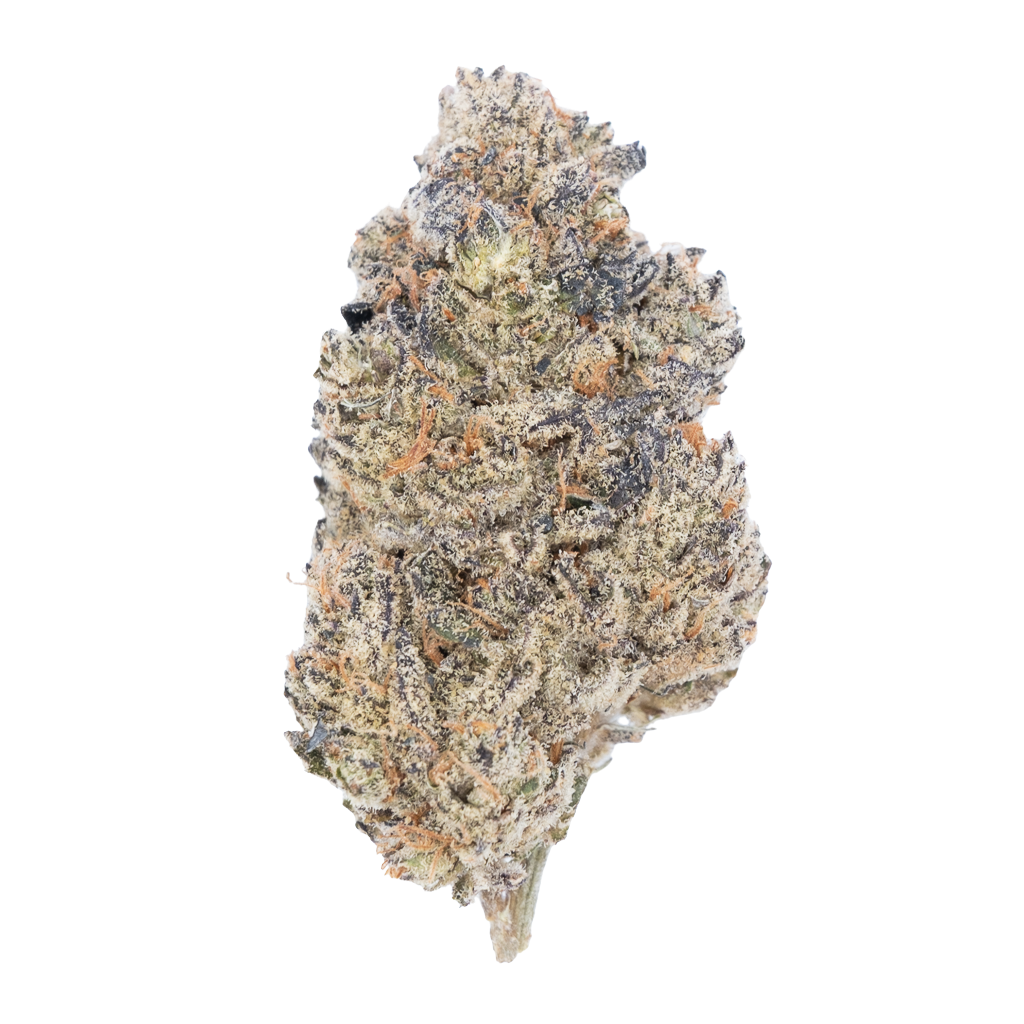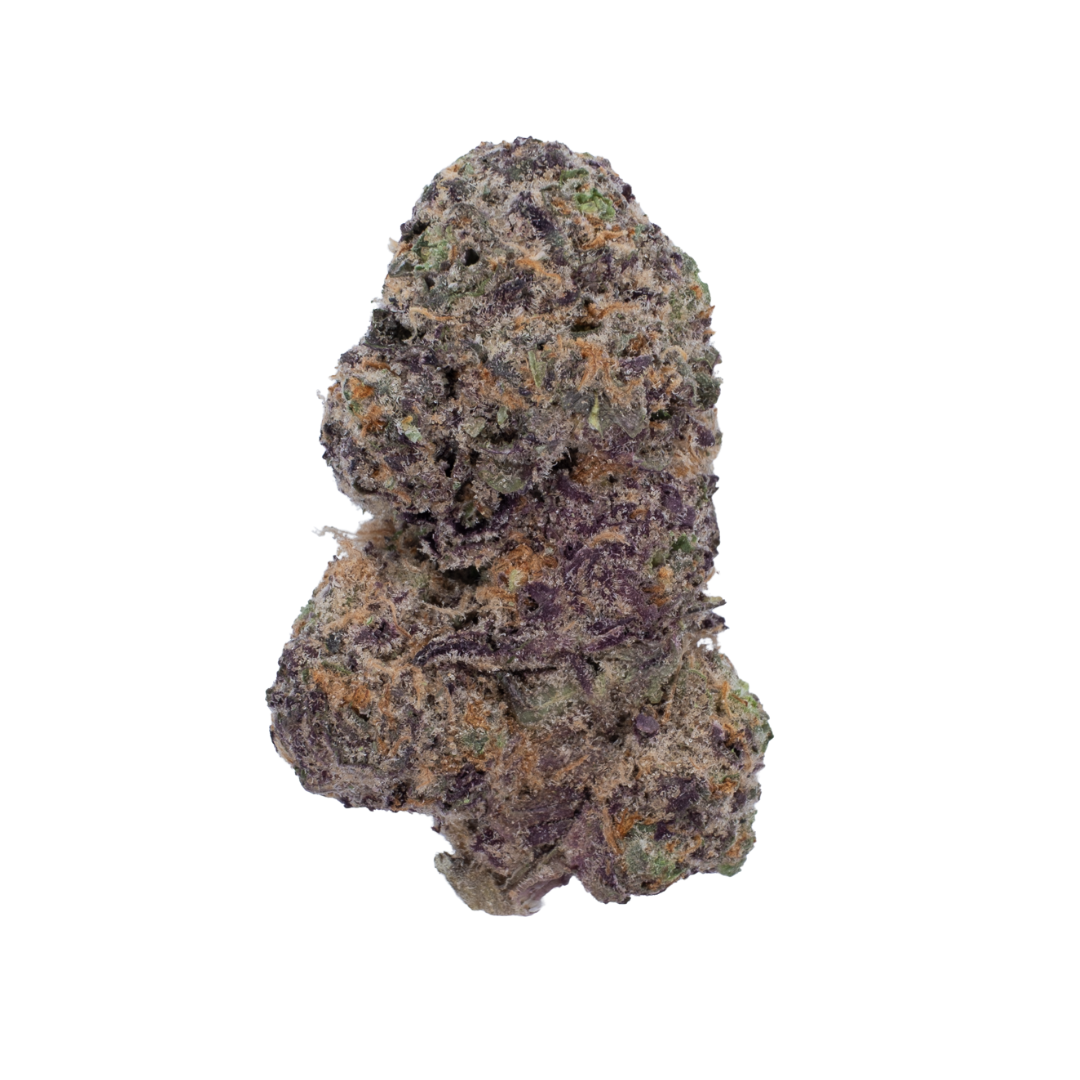In the world of cannabis, THCA (tetrahydrocannabinolic acid) is gaining increasing attention for its unique properties and its role as the precursor to THC, the psychoactive compound that is most commonly associated with marijuana. While THC is well-known for its ability to produce a "high," THCA is the non-psychoactive form of THC that exists in raw cannabis plants. When THCA undergoes a chemical process called decarboxylation, typically through heat, it is converted into THC, unlocking its psychoactive effects.
Despite being non-psychoactive in its raw form, THCA is gaining popularity in the wellness space due to its potential therapeutic benefits and legal status under the 2018 Farm Bill.
This article will explore what THCA is, its legal status, its potential medicinal properties, and how it relates to THC. It will also look at how THCA products are becoming more widely available and why they are garnering attention in the cannabis market.
What Is THCA?
THCA is a naturally occurring cannabinoid found in cannabis plants, and it serves as the acidic precursor to THC. In its raw form, THCA is non-psychoactive, meaning it will not produce the mind-altering effects that THC is known for. This is because THCA has a carboxyl group (COOH) attached to its chemical structure, which prevents it from binding to cannabinoid receptors in the brain that are responsible for the "high" associated with THC.
However, when THCA is exposed to heat or light, it undergoes a chemical reaction known as decarboxylation, in which the carboxyl group is removed. This process transforms THCA into THC, which then becomes psychoactive and capable of producing the characteristic effects that cannabis is famous for. This is why consuming raw cannabis or products containing THCA, such as fresh cannabis flowers or tinctures, will not cause intoxication unless they have been heated or otherwise processed to decarboxylate the THCA into THC.
THCA is found in abundance in live cannabis plants, particularly in the trichomes, the small glandular structures that cover the surface of the plant’s flowers. As cannabis matures and is dried or cured, the THCA content decreases, as it gradually converts to THC through natural decarboxylation.
Legal Status of THCA
One of the most interesting aspects of THCA is its legal status. Under the 2018 Farm Bill, which legalized hemp-derived cannabinoids with less than 0.3% THC content, THCA falls into a legal gray area. Since THCA is not technically a psychoactive compound in its raw form, it can be legally sold and purchased in the United States, provided it is derived from hemp plants and meets the THC threshold outlined in the Farm Bill.
The Farm Bill essentially legalized hemp, which includes cannabis plants containing less than 0.3% THC. However, since THCA itself does not contain THC in the active form (it is the precursor to THC), it is legally permissible to buy THCA products without the restrictions that apply to THC. This has opened up a new market for cannabis consumers who are interested in the potential benefits of THCA without the risk of psychoactive effects.
It’s important to note that while THCA is legal to purchase, the legality of products containing THCA can vary depending on state laws. Some states have more restrictive cannabis laws, while others have embraced the full range of cannabinoids, including THCA. Consumers should always check the local regulations in their area before purchasing THCA products.
Medicinal Benefits of THCA
Although THCA is non-psychoactive, research suggests that it may offer a wide range of medicinal benefits that make it a valuable compound for both health-conscious individuals and those seeking therapeutic alternatives.
1. Anti-Inflammatory Properties
THCA has shown potential as a powerful anti-inflammatory agent. Inflammation is a root cause of many chronic health conditions, including arthritis, autoimmune disorders, and inflammatory bowel disease (IBD). By interacting with the body’s endocannabinoid system (ECS), THCA may help reduce inflammation and alleviate pain. Studies have indicated that THCA’s anti-inflammatory effects may be useful in treating conditions like arthritis, where joint inflammation and pain are major symptoms.
Unlike THC, which can cause psychoactive side effects, THCA’s non-psychoactive nature allows it to provide therapeutic relief without altering mental function. This makes THCA an appealing option for individuals who wish to manage inflammation and pain without experiencing a “high.”
2. Neuroprotective Effects
Like other cannabinoids, THCA has been studied for its potential neuroprotective properties. Research suggests that THCA may help protect brain cells from damage and reduce neurodegeneration. This makes THCA an interesting candidate for treating neurodegenerative conditions like Alzheimer’s disease and Parkinson’s disease. While research on THCA’s neuroprotective effects is still in its early stages, preliminary findings show promise in its ability to support brain health and prevent cognitive decline.
THCA may also help improve overall brain function by reducing oxidative stress and inflammation, both of which are key contributors to neurodegenerative diseases. Given that THCA does not produce any psychoactive effects, it could provide these benefits without impairing cognitive abilities, making it an appealing option for people who want to maintain mental clarity while promoting brain health.
3. Anti-Nausea and Anti-Vomiting Properties
THCA may have anti-nausea and anti-emetic properties, making it a potential therapeutic option for individuals undergoing chemotherapy or those dealing with conditions that cause nausea. A study conducted on rats demonstrated that THCA could reduce nausea and vomiting, which are common side effects of chemotherapy treatments. This makes THCA a promising alternative to other anti-nausea medications that may have unwanted side effects.
In addition to chemotherapy-induced nausea, THCA may also be helpful for individuals suffering from gastrointestinal issues, motion sickness, or morning sickness during pregnancy.
4. Appetite Stimulation
While THC is well-known for increasing appetite, THCA may also have appetite-stimulating effects. This could be particularly beneficial for people who struggle with appetite loss due to medical conditions such as cancer, HIV/AIDS, or other chronic illnesses. Unlike THC, which may cause drowsiness or impaired judgment, THCA’s non-psychoactive nature allows it to stimulate appetite without the typical side effects of THC.
THCA vs. THC: Understanding the Difference
While THCA and THC share a similar molecular structure, their effects are significantly different due to the presence of the carboxyl group in THCA. The key difference lies in THCA’s inability to bind effectively to cannabinoid receptors in the brain in its raw form. This is why THCA does not produce the intoxicating effects associated with THC.
However, once THCA undergoes decarboxylation through heat or light, it transforms into THC, which can bind to cannabinoid receptors in the brain, leading to the typical “high” that cannabis users experience. This means that THCA products are essentially the same as regular THC products once the THCA is decarboxylated. Whether you consume raw cannabis containing THCA or cannabis that has been heated to activate THC, the resulting effects are largely determined by the THC content.
THCA Products and Market Availability
As awareness of THCA grows, so does the variety of THCA-infused products available on the market. Many cannabis companies are now offering THCA-based products in various forms, including tinctures, topicals, capsules, and even edibles. These products are often marketed for their non-psychoactive, therapeutic properties, making them ideal for consumers who want to enjoy the benefits of cannabis without the high.
THCA products are also popular among individuals who wish to take advantage of the cannabinoid's medicinal properties without the risks associated with psychoactive effects. For example, a THCA tincture could be used to manage pain or inflammation during the day without impairing focus or mental clarity.
Conclusion
THCA may not be as widely known as THC, but it is emerging as an important cannabinoid with significant therapeutic potential. As the precursor to THC, THCA offers many of the same benefits, such as anti-inflammatory effects, neuroprotection, and appetite stimulation, without the psychoactive side effects. Its non-psychoactive nature makes it an appealing option for those seeking medicinal relief without the high typically associated with cannabis.
Thanks to the 2018 Farm Bill, THCA is legally available for purchase in the United States, offering consumers access to a wide range of products that can be used for wellness and therapeutic purposes. As the cannabis market continues to evolve, THCA is likely to become an increasingly popular choice for those looking to explore the full spectrum of cannabinoids.
Shop all things THCa with Tesoro today!





0 comments